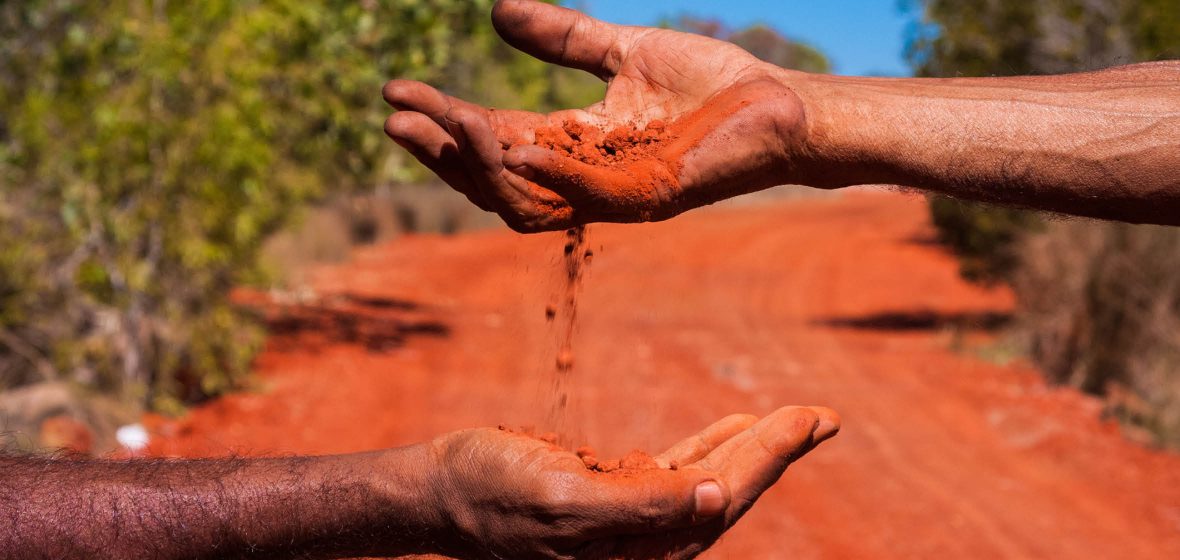Snapshot
- The Full Federal Court has upheld most of the findings in the Timber Creek compensation case (Northern Territory of Australia v Griffiths [2017] FCAFC 106), including the assessment of $1.3 million for non-economic loss (or solatium) and the appropriateness of simple interest on the economic loss component of the award.
- However, Justice Mansfield was found to have overvalued the economic loss suffered by the native title holders. The Full Court reduced the economic loss component of the compensation from 80% to 65% of the freehold value of the land at the time of the compensable acts.
- Although on the one hand delivering more certainty, the Full Court invited future compensation applicants to disregard the binary economic/non-economic loss assessment and instead take a more holistic approach. This reminds us that there is still a long way to go before native title compensation assessment is straightforward and predictable.
Twenty-five years after the High Court’s historic decision in Mabo v Queensland (No 2) (1992) 175 CLR 1, the Full Federal Court handed down its appeal decision in Australia’s first native title compensation case (Northern Territory of Australia v Griffiths [2017] FCAFC 106).
This is the culmination of many years of litigation, with the Ngaliwurru and Nungali Peoples having proven their native title in 2007. Justice Mansfield assessed compensation in three elements (Griffiths v Northern Territory (No. 3) [2016] FCA 900):
- $512,400 for economic loss (80 per cent of the freehold land value at the time of the compensable acts);
- $1,488,261 for simple interest on the economic loss component; and
- $1,300,000 for non-economic loss or solatium (for loss of spiritual attachment to the land).
For more background on the trial judge’s decision, see Flynn, Scott & Lawrence ‘First Assessment of Native Title Compensation: Griffiths v NT of Australia (No.3)’ 27 The Law Society of NSW Journal, October 2016, 76-77.
As the first ever assessment of native title compensation in Australia, it was not surprising when the native title holders, the Territory and the Commonwealth appealed almost all aspects of the decision. The appeal was heard in February 2016 and a decision handed down in July 2017, less than a year after the trial judge’s decision.



